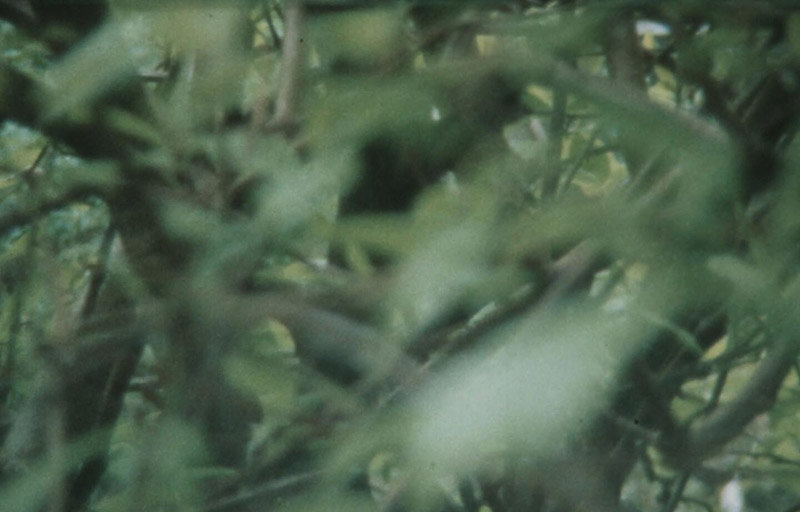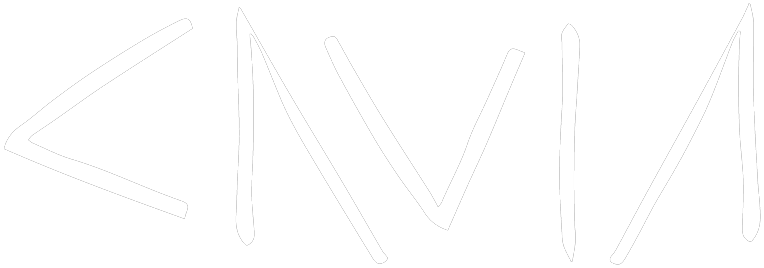15 november, 20:30
The River Flows Both Ways:
A collective screening of
new films by NL-based artist-filmmakers

A collection of films by Jasper Coppes, Lucy Cordes Engelman, Anami Schrijvers, Stefanos Tsivopoulos, Annemarie Wadlow, Stefanos Tsivopoulos, Veronica Munteanu, Karin Nakajima, Sara Ouljour, and Jasper Philipse.
“We tend to think of a film like a river, flowing in a single direction – but rivers are known to occasionally change their direction according to tidal estuaries, geological movements, or human intervention… and like a shifting river, film as a medium can spiral, circle, move backwards through memory, or spill outwardbin unexpected directions. A film is a landscape we enter – a place which is not linear either; it reveals itself in myriad ways and holds multiple histories. In these recent films from Netherlands-based artists and filmmakers, the flow of meaning unfolds in many directions and across numerous landscapes.”
Ink Fish
Lucy Cordes Engelman | 2024 | NL, US | 8’ | EN subs
A young woman finds unexpected inspiration while composing a melody. Departing from the wisdom of the ancient Hindu Vedic scriptures, which state that the universe began not with visible light but with unseen vibrations – the film follows a composer who, despite having a difficult day, begins to open up to the wonders of the more-than-human world pulsing with life all around her. Just because we may not hear or perceive something, does not mean it is not there.
Calamity’s Inn
Anami Schrijvers | 2024 | NL | 28’ | English
Simon, a young man, recounts shreds of his traumatic youth to a young woman he meets at the riverside where he grew up. The broken account of his childhood forms an almost impenetrable labyrinth to which she tries to gain access. In the same way as physical pain cannot be memorized, partly due to the meager resolution of our memory, we tend to remember things that happened to be near at the time we suffered psychological trauma too. This form of involuntary replacement seems a perfect focus for cinema. Film seems in more than one way an apt tool for investigating the conflicted space of blighted memory. This forms the motivation for Calamity's Inn: to capture a glimpse of what trauma does to memory – how the linearity of time is derailed and how it confuses the experience of the self and the other.
Lbabor, Mon Amour
Veronica Munteanu, Karin Nakajima, Sara Ouljour, Jasper Phillipse | NL | 3’ | English, EN subs
A poetic personal meditation on migration. A narrator meditates on the barbed wire fences and unforgiving waters that separate Morocco and Spain, reflecting on those who dare to cross them. Weaving personal memories with the stories of “Harragas”—those who 'burn' borders in defiance—the film delves into dreams of departure, the silent violence of separation, and those who risk everything for a chance at a better life.
Object Reconnaissance
Stefanos Tsivopoulos | 2024 | NL | 29’ | Dutch, Indonesian, English, EN subs
During the 1965-66 Indonesian political crisis, activist Merah Muda fled to the Netherlands. Decades later, her granddaughter Ria is on a quest to find a missing family heirloom that holds the key to uncovering family secrets.
Amid the turbulent 1965-66 political crisis in Indonesia, Merah Muda, an activist of Jakarta's Movement of Conscious Women, narrowly escapes death and flees to the Netherlands. In the present day, her granddaughter, Ria Bloem, sets out on a quest to uncover her grandmother's mysterious past. Sifting through letters, photographs, and family keepsakes, Ria stumbles upon images of Merah holding a cherished seashell—an heirloom now lost to time. Intrigued, Ria sets out to recover this missing object, hoping it will illuminate her own identity. However, as her search deepens, she unravels long-hidden family secrets intertwined with Indonesia's post-colonial history.
Kali Waal
Jasper Coppes | 2024 | NL’ | 22 | Greek, EN subs
A group of foreign researchers visit a site of ecological controversy and learn of the strange events that are happening to the lake and its human and non-human inhabitants. Can the natural reserve be healed with toxic mud as industries claim?
In the short film Kali Waal, landscape design is both poison and remedy. A nature reserve in The Netherlands is the setting for an ecological controversy. Decades of industrial sand extraction created lakes so deep that no light can reach the bottom. The lakes have become lifeless pools of water. Industries recently started to dump contaminated mud in these lakes, claiming that such undeepening will increase their biodiversity. A group of young researchers gradually discover that this landscape is neither an innocent rewilding project, nor an ecological dead-end. As resilient forms of life take center stage a new ecology of plants, alga, animals, and machines increasingly take over the film.
Heavenly and Harrowing
Lucy Cordes Engelman & Annemarie Wadlow | 2024 | NL, US, UK | 29’ | English
Two amateur filmmakers attempt to make a love poem inspired by the Devotional Cinema of Nathaniel Dorsky. Can paying homage be considered the ultimate poetic gesture? Is it the ultimate act of love? Using the medium of analogue film as their compass, artists Annemarie Wadlow and Lucy Cordes Engelman collaborate for the first time to explore the devotion of 'the amateur' home-movie maker in contrast to the professional filmmaker. Via the ever-morphing heavenly and harrowing nature of the cinematic image, and inspired by the philosophies of avant-garde filmmaker Nathaniel Dorsky, the film explores relationships that are formed by referencing, acknowledging, and celebrating the work of others who have come before.
